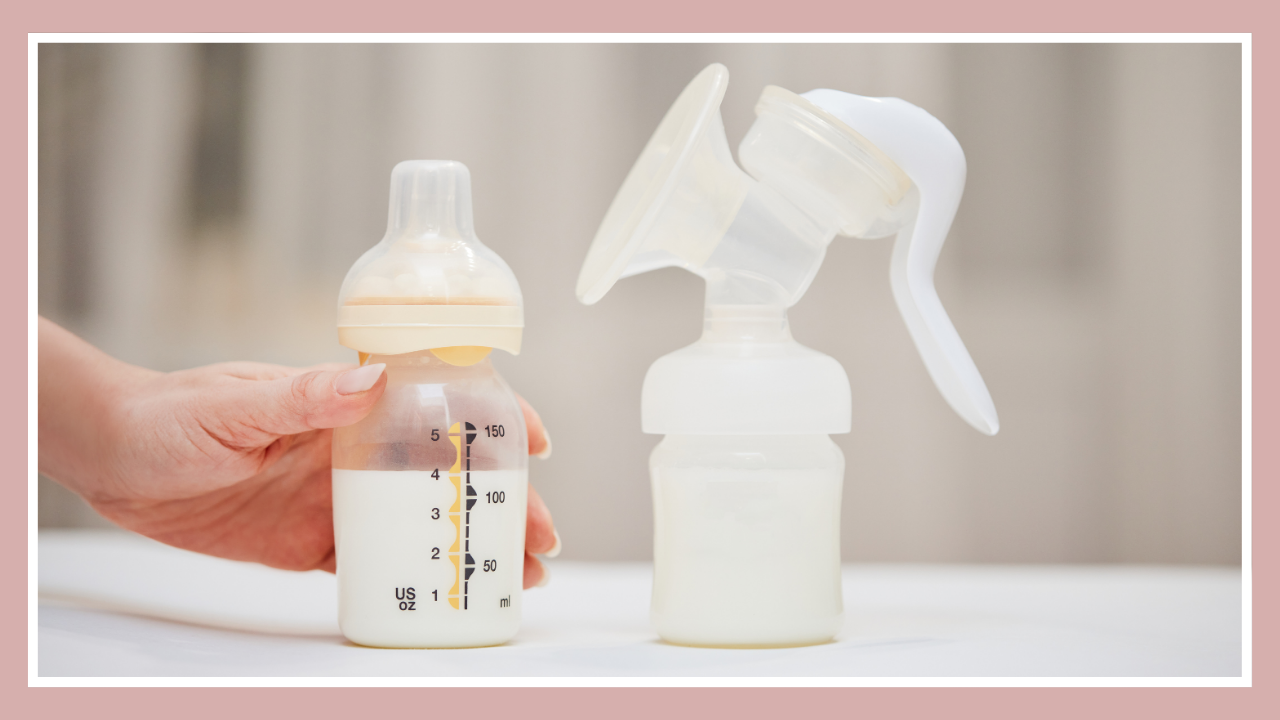
Postpartum Diet: Essential Dos and Don'ts for New Moms
Oct 09, 2024Welcoming a new baby into your life is an incredible journey. While you're focused on caring for your little one, it's easy to overlook your own needs, especially when it comes to nutrition. However, what you eat in the weeks and months after giving birth plays a crucial role in your recovery and overall well-being. Let's explore the essential dos and don'ts of a postpartum diet to help you navigate this important aspect of motherhood.
Postpartum Diet Dos
- Do Stay Hydrated
- Aim for at least 8-10 glasses of water daily
- Increase intake if breastfeeding
- Include hydrating foods like cucumbers and watermelon
Why? Proper hydration aids recovery, supports milk production and boosts energy.
- Do Eat Nutrient-Dense Foods
- Focus on lean proteins, whole grains, fruits, and vegetables
- Include healthy fats like avocados and nuts
- Opt for iron-rich foods like leafy greens and lean meats
Why? These foods provide essential nutrients for healing and energy.
- Do Incorporate Calcium-Rich Foods
- Dairy products (if tolerated)
- Leafy greens
- Fortified plant-based milk
Why? Calcium supports bone health, especially important if breastfeeding.
- Do Eat Fiber-Rich Foods
- Whole grains
- Fruits and vegetables
- Legumes
Why? Fiber aids digestion and can help prevent constipation, a common postpartum issue.
- Do Consider a Postnatal Vitamin
- Consult with your healthcare provider about supplementation
Why? It can help fill nutritional gaps, especially if you're breastfeeding.
Postpartum Diet Don'ts
- Don't Crash Diet
- Avoid extreme calorie restriction
- Focus on gradual, healthy weight loss
Why? Crash diets can deplete your energy and potentially affect your milk supply.
- Don't Skip Meals
- Aim for regular, balanced meals
- Keep healthy snacks on hand
Why? Consistent eating helps maintain energy and stabilizes blood sugar.
- Don't Overdo Caffeine
- It’s recommended to cut down to about 200mg or less of caffeine (16oz of coffee) during pregnancy and about 300mg (24oz of coffee) or less while breastfeeding
- Be mindful of breastfeeding, as caffeine can affect the baby
Why? Excessive caffeine can interfere with sleep and hydration.
- Don't Consume Alcohol if Breastfeeding
- If you do drink, wait at least 2 hours per drink before nursing
- Consider pumping and discarding milk after drinking
Why? Alcohol can enter breast milk and affect the baby.
- Don't Eat Too Many Processed Foods
- Limit intake of sugary snacks and fast food
- Opt for whole foods when possible
Why? Processed foods often lack nutrients and can lead to energy crashes.
- Don't Ignore Food Sensitivities
- Pay attention to how foods affect you and your baby (if breastfeeding)
- Common sensitivities include dairy, soy, and spicy foods
Why? Some foods may cause discomfort for you or your baby.
- Don't Forget About Food Safety
- Wash fruits and vegetables thoroughly
- Avoid unpasteurized dairy products and under cooked meats
Why? Your immune system might still be recovering, making you more susceptible to foodborne illnesses.
Practical Tips for Success
- Meal prep when you have energy or accept help from others
- Keep a water bottle nearby at all times
- Stock up on easy, healthy snacks
- Listen to your body's hunger and fullness cues
- Be patient with yourself – recovery takes time
Remember, every woman's postpartum journey is unique. What works for one mom might not work for another. Always consult with your healthcare provider about your specific dietary needs, especially if you have any health conditions or are breastfeeding.
Your postpartum diet plays a crucial role in your recovery and overall well-being. By focusing on nutrient-rich foods, staying hydrated, and avoiding potential pitfalls, you're setting yourself up for a healthier, more energized postpartum experience. Remember, taking care of yourself is just as important as caring for your new baby. You've got this, mama!
Nourishing your body is the key to a successful postpartum experience. Join other mamas inside The Postpartum Shift and unlock a wealth of nutritional guidance, meal plans, schedules, and recipes designed specifically for breastfeeding moms during the first year postpartum. Achieve your healthiest self without sacrificing your favorite foods or compromising your milk supply.







